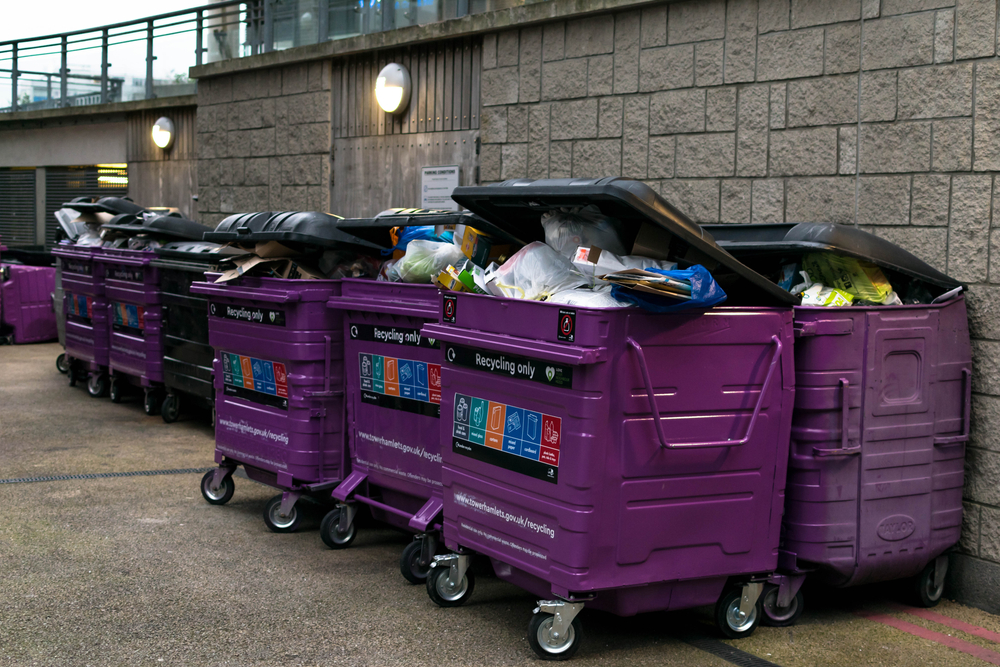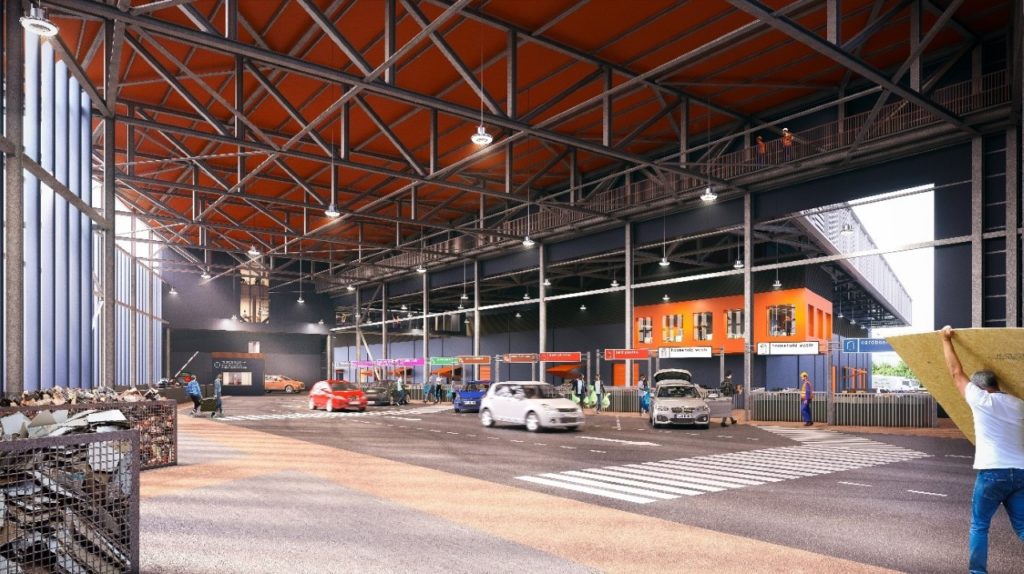This follows concerns raised by the Local Government Association (LGA) that local authorities could face judicial reviews should they not find it possible to collect some recyclables separately.
The recently passed Environment Act stipulates that a core set of materials including plastic, paper and card, glass, metal, and food waste must be collected from every home and business in England.
Defra wants local authorities to collect these recyclable waste streams separately from each other and residual waste, claiming this results in better quality and thus receives a higher price.
Where it is not technically, environmentally, and economically practicable (TEEP) to collect the streams separately, local authorities can decide to collect two or more together upon completion of a written assessment.
Letter
In July, the LGA expressed fears that councils will be held “under threat” of a judicial review should their TEEP assessments conclude that the separate collection of recyclables was not possible (see letsrecycle.com story).

Soon after, the LGA’s chair, Cllr James Jamieson, met with Rebecca Pow, parliamentary under-secretary of state for Defra, to discuss these concerns.
The LGA said last month that Cllr Jamieson received a letter from Ms Pow following the meeting. The LGA says the letter seeks to explain that the Environment Act “only extends” the existing Waste (England and Wales) Regulations 2011 – which require glass, metal, plastic, and paper to be separately collected for recycling – to include food and garden waste.
According to the LGA, the letter goes on to say: “Waste collection authorities may collect dry waste streams co-mingled with one another if it is not technically or economically practicable to collect the recyclable waste streams separately from each other, or there is no significant environmental benefit.
“They will simply have to carry out the same assessment process they are already required to conduct under the current waste regime.”
‘Further and faster’
Though under the new requirements councils can in some circumstances collect food and garden waste together, they must always be collected separately from the dry recyclable waste streams.
The Environment Act allows some flexibility for local authorities to collect dry recyclable waste streams together
– Defra spokesperson
A Defra spokesperson told letsrecycle.com: “We are going further and faster to recycle more of our waste to protect the environment – less than 10% of household waste is now going to landfill and the amount of food waste being recycled is up by over 40% since 2015.
“But we must do more, and through our major reforms to kerbside collections, we will boost recycling levels and step up our war on plastic pollution – while our proposed weekly food waste collections will maximise recycling and stop the build-up of smelly waste around homes.
“The Environment Act allows some flexibility for local authorities to collect dry recyclable waste streams together and food waste combined with garden waste, to take into account particular local circumstances.”
Recycling
Defra told letsrecycle.com that it was “imperative” that England’s homes and businesses could recycle as much possible. The government department described the current collection system across England as “inconsistent”, saying that millions of tonnes of recyclable waste still go to landfill.
Defra said that, “most notably”, there was only partial coverage for food waste collections, meaning that millions of tonnes of “unavoidable” food waste goes to landfill or incineration instead of “renewable energy production like anaerobic digestion”.









Subscribe for free